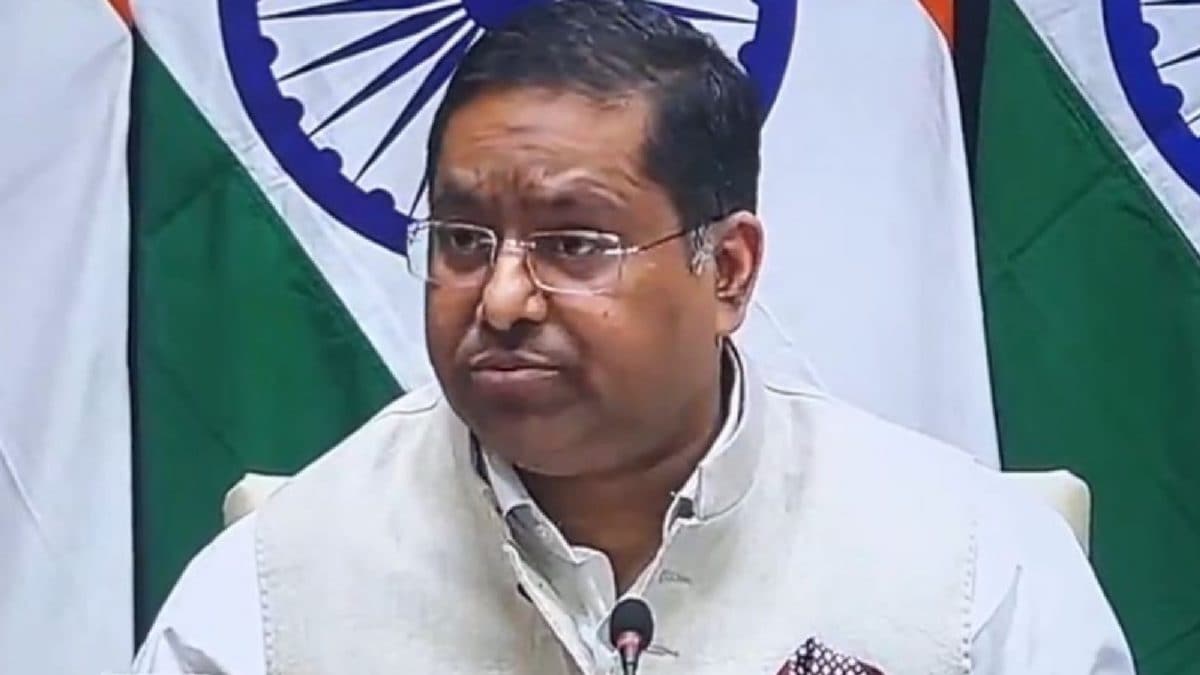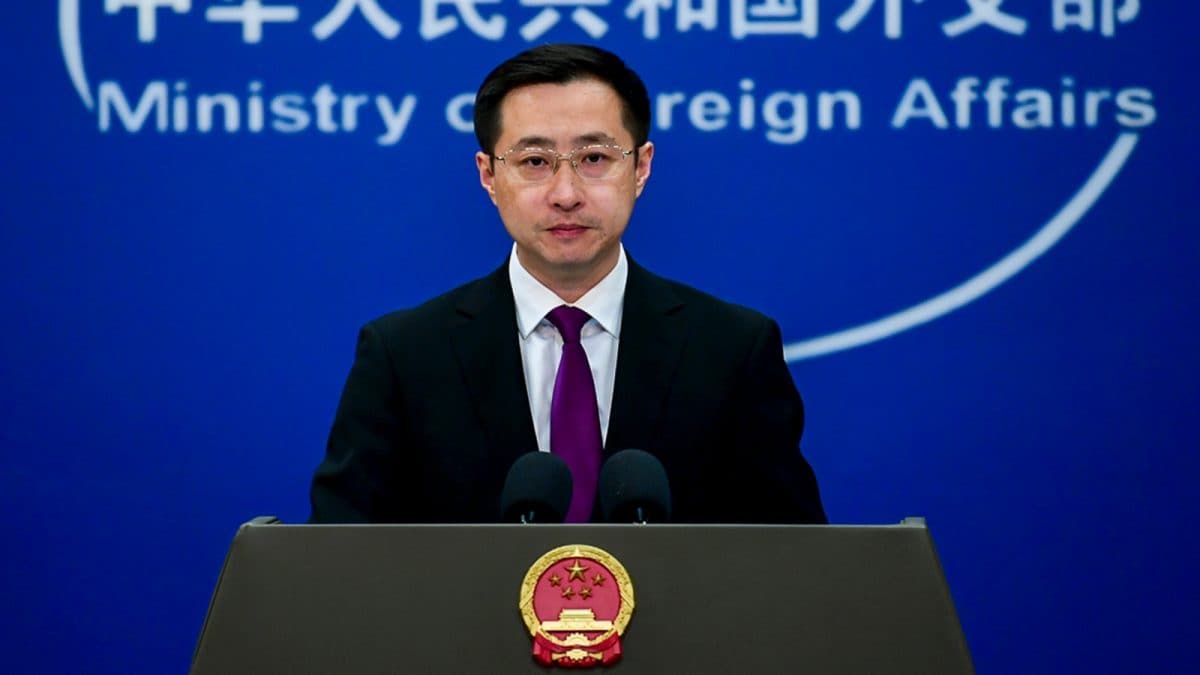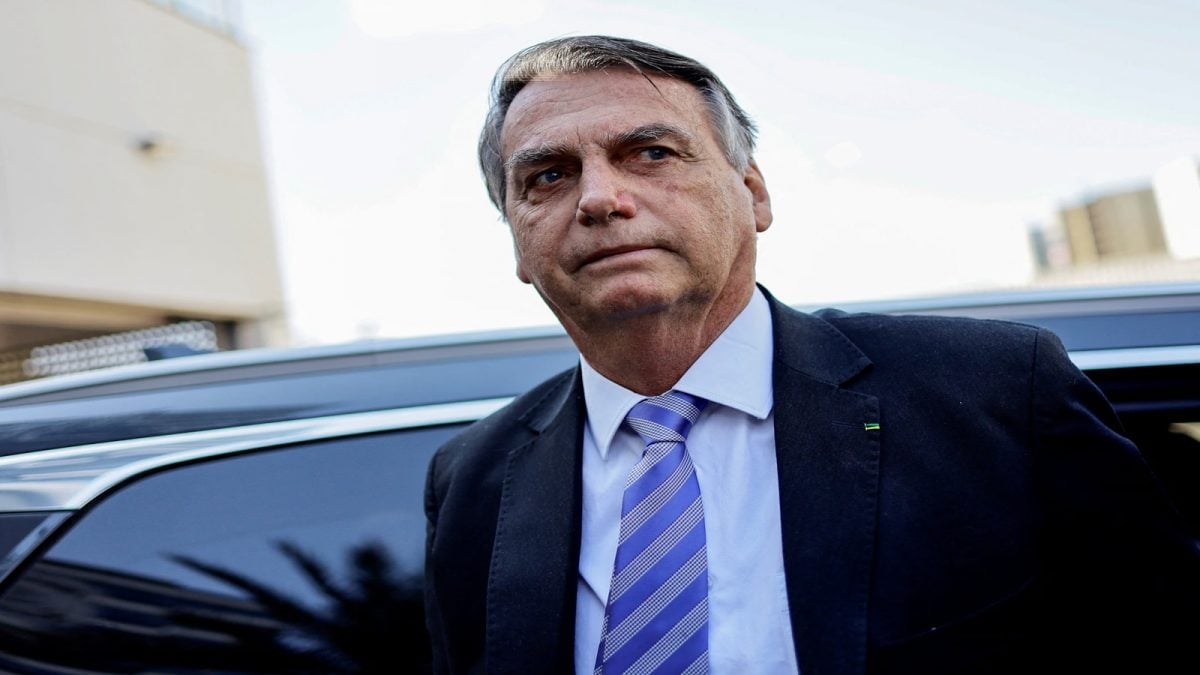Last Updated:May 29, 2025, 18:35 IST
Bilal Bin Saqib, Pakistan’s new crypto minister, brings an LSE degree, an MBE, and a Forbes 30 Under 30 tag. But the fanfare around his appointment points more to PR than policy

Bilal Bin Saqib has featured in Forbes 30 Under 30 in the Europe Social Impact category. (Image: Reuters)
At a glitzy Las Vegas crypto summit, Bitcoin 2025, held from 27 to 29 May at the Venetian and attended by US Vice President JD Vance and a host of blockchain evangelists, a Pakistani delegate unveiled a novel idea: a government-backed Strategic Bitcoin Reserve. The announcement made headlines, as did the man behind it. Bilal Bin Saqib, recently appointed Pakistan’s Special Assistant on Blockchain and Cryptocurrency with the rank of Minister of State, is not a bureaucrat or a financial expert. He is a London-bred social entrepreneur with a polished demeanour – and now, the face of Pakistan’s most high-profile crypto push to date.
Who Is Bilal Bin Saqib?
An alumnus of the London School of Economics, Bilal first gained prominence during the Covid-19 pandemic for co-founding the ‘One Million Meals’ initiative, which provided over 100,000 meals to NHS workers and vulnerable communities in the UK. His efforts earned him an MBE (Member of the Most Excellent Order of the British Empire). He was also featured in Forbes 30 Under 30 in the Europe Social Impact category.
Honoured to be appointed as the Special Assistant to the Prime Minister of Pakistan on Blockchain and Cryptocurrency, with the status of Minister of State.This is a responsibility I carry with sincerity, for our youth, our builders, and the future we want to shape.
Pakistan… pic.twitter.com/hK4ZaMwXxW
— Bilal bin Saqib MBE (@Bilalbinsaqib) May 28, 2025
In Pakistan, he co-founded Tayaba, a non-profit initiative to distribute ‘H2O Wheels’ in water-scarce rural areas, garnering attention for blending social innovation with grassroots action. More recently, he launched the Pakistan Crypto Council (PCC), a platform that advocates for crypto awareness.
However, the PCC’s work has largely been confined to media outreach and events. There is no public evidence of Bilal contributing to technical development, policy drafting, or institutional crypto governance. Until now, he has been more of a campaigner and public advocate than a policymaker.
Why This Appointment Matters And Why It’s Unusual
Bilal’s appointment to a Cabinet-rank advisory position comes as Pakistan attempts to signal its digital ambition to global investors. As Special Assistant on Blockchain and Cryptocurrency, Bilal now holds ministerial status – a rare elevation for someone without a background in regulation, finance, or statecraft.
Superficially, the appointment suggests an attempt to modernise governance with younger, internationally recognised voices. Yet, beneath the surface, it has raised concerns about whether such gestures translate into meaningful institutional change.
The Bitcoin Reserve Announcement: A Vegas Moment
The centrepiece of Bilal’s early tenure is the announcement of Pakistan’s Strategic Bitcoin Reserve, made on Wednesday during the Bitcoin 2025 conference. The reserve is pitched as a sovereign digital asset storehouse – a national crypto wallet to hold digital currencies already in state custody. The move is intended to signal Pakistan’s long-term commitment to decentralised finance.
Just days before the Vegas summit, Pakistan’s finance ministry announced the allocation of 2,000 megawatts of surplus electricity for Bitcoin mining and AI data centres. The initiative, led by the Pakistan Crypto Council, aims to monetise unused energy capacity and position Pakistan as a future hub for digital infrastructure.
Trumpworld And The American Tie-In
The timing of Pakistan’s crypto initiative closely followed US President Donald Trump’s March 2025 executive order establishing a Strategic Bitcoin Reserve and a US Digital Asset Stockpile, seeded with Bitcoin seized in federal forfeitures. US Vice President JD Vance, who addressed the Las Vegas summit, has also positioned the administration as crypto-friendly.
Pakistan’s deal with World Liberty Financial (WLF) – a US-based crypto firm with reported ties to Trump allies – further suggests Islamabad’s crypto pivot is taking cues from Washington’s current rhetoric. According to Reuters, members of the Trump family – including Eric Trump, Donald Trump Jr., and Jared Kushner – reportedly hold a 60 per cent stake in WLF through an affiliated entity. However, whether this alignment results in meaningful outcomes remains unclear.
Style Over Substance?
Pakistan’s crypto ambitions are expanding, but its institutional groundwork remains underdeveloped. The country lacks a comprehensive regulatory framework for virtual assets. Past policy reversals, FATF pressure, and legal ambiguities have made it a volatile environment for both investors and developers.
Bilal’s appointment, in this context, appears more focused on public image than practical reform. While his global profile may attract attention, it is uncertain whether he possesses the institutional authority, or policy experience, to drive structural change.
Without robust regulatory architecture, initiatives like the Bitcoin Reserve risk being reduced to proof-of-concept exercises. The crucial tasks of compliance, legal coherence, and cross-border credibility remain largely unaddressed.
Conclusion
Bilal Bin Saqib’s rise is emblematic of a political culture that prioritises global image over substantive action. With his credentials, charisma, and communication skills, he is well-placed to narrate a story of digital transformation. But whether that narrative translates into institutional capacity, or remains confined to conference stages and social media threads, remains to be seen.
Location : First Published:News world Pakistan’s New Crypto Minister Is A Social Star With Global Resume, But Can He Deliver Policy?

 1 month ago
1 month ago


















